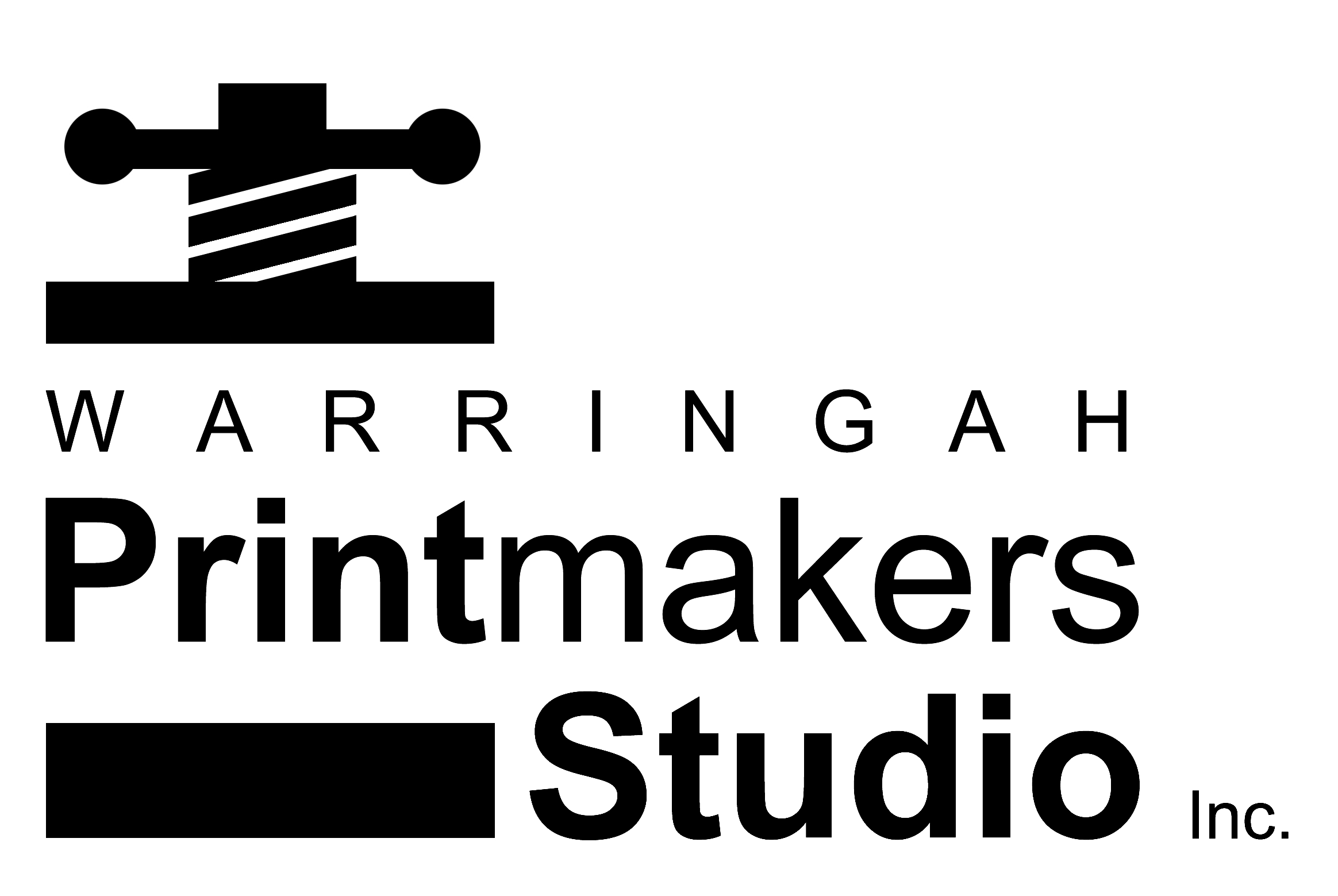top of page

WPS Studio Guidelines
Below are guidelines for using the Print Studio in ManlyVale, Sydney. This covers the basic safety and management guidelines to be adhered towhee in a class or workshop, covering some of the equipment used. As this is a professional print studio, the following guidelines have been developed to maximise your use of the Studio and to minimise conflict with other users. Please act responsibly & cooperatively by adhering to these few simple rules and procedures. Please help out when you can.
The Warringah Printmakers Studio reserves the right to deny access to any member who consistently ignores these guidelines.
bottom of page
